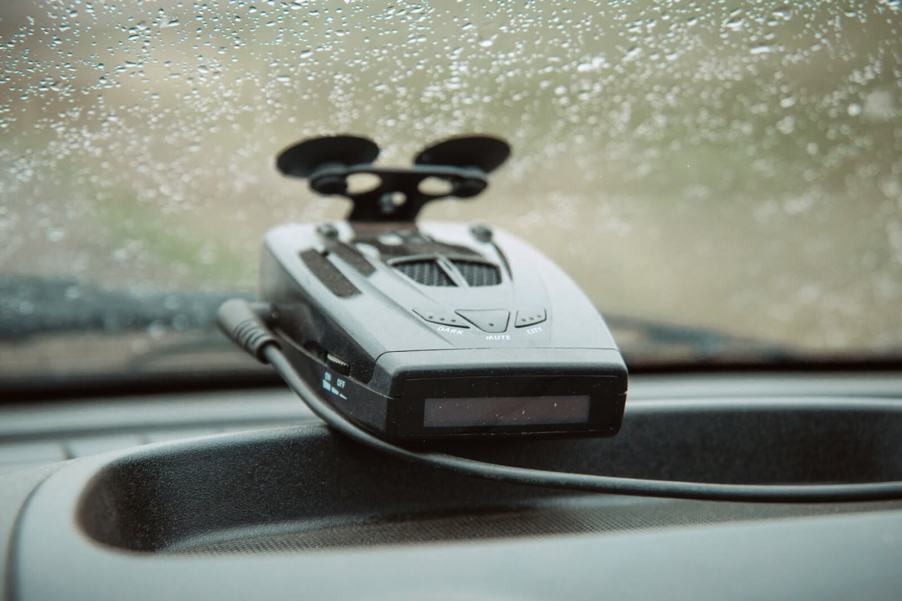
Will You Get in Trouble With Police Officers for a Radar Detector?
The speeding ticket. It’s the natural enemy of the car enthusiast. Across the United States, police officers use radar equipment to measure average speeds and issue these pricey little nastygrams every day. However, speed-hungry drivers fight back with devices like the radar detector, a means to find the very equipment law enforcement uses to catch speeders. So, are radar detectors illegal?
A Radar detector is legal in most capacities with a few exceptions
A radar detector is a receiver device that drivers use to identify the technology that law enforcement agencies use to detect speeders. While that seems like something lawmakers would want to keep out of the hands of drivers, it isn’t. In fact, most states allow drivers to install radar detectors in their cars.
However, it’s not legal for everyone. Drivers in the state of Virginia or the District of Columbia (D.C.) will find that police officers will cite them for having a radar detector in their car. However, drivers in nearly every other state are well within their rights to use a detector.
Moreover, some states have specific rules regarding the placement of your device. For instance, California forbids drivers from placing devices on their windshields. Similarly, Iowa mandates that drivers not obstruct their view with a device. What’s more, U.S. Military servicemembers will likely land in some serious hot water with military police (MP) officers should they get pulled over on base.
Still, even though detectors are legal in the majority of states, there are caveats. For example, federal laws prohibit commercial vehicles over 10,000 lbs from using radar detectors, per Escort. A jammer, on the other hand, is another thing entirely.
A radar jammer, as the name suggests, jams radar signals with interfering signals. Federal laws prohibit the private use of radar jammers nationwide. The Federal Communications Commission (FCC) regulates frequencies and forbids drivers from using radar jamming technology. Oh, and you don’t want to risk it. Each conviction of signal interference could carry a $10,000 fine.



